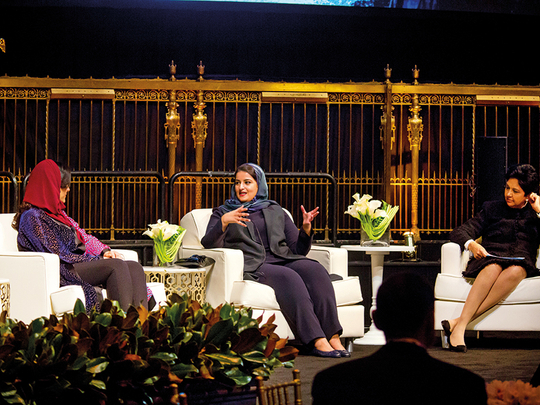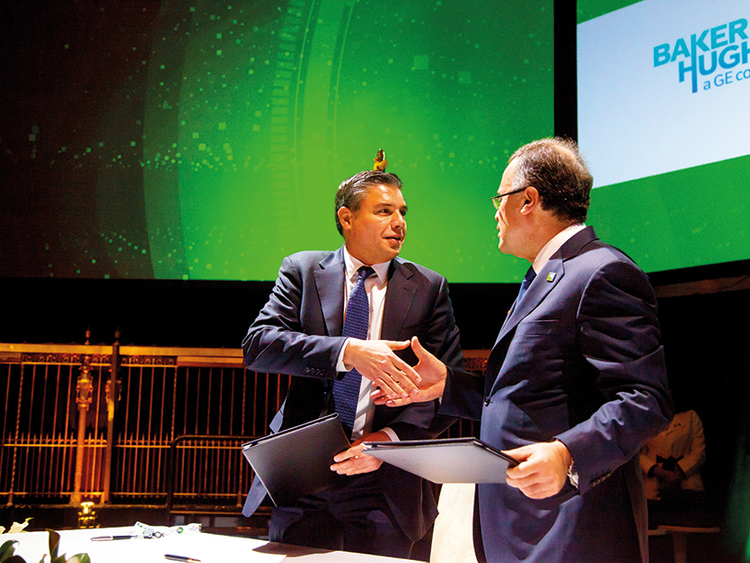
Dubai: Saudi Arabia has not announced any changes to its benchmark rates so far and analysts do not expect a further hike in rates immediately on the pre-emptive rate hike Saudi Arabian Monetary Authority (SAMA) announced on March 15.
Analysts said the unusual move last week was aimed at preventing capital outflow resulting from interest rate differential. SAMA is expected to keep its benchmark policy rates steady with the repo rate at 2.25 per cent and the reverse repo rate at 1.75 per cent.
“We view SAMA’s March 15 rate hike as a pre-emptive move ahead of the Fed, aimed at highlighting its commitment to raising its repo with the Fed rates and reducing Saibor’s [Saudi Arabia interbank offered rate] discount to Libor,” said Monica Malik, Chief Economist of Abu Dhabi Commercial Bank.
Bankers say continuation and/or widening of Saibor discount could result in capital outflows or a shift in deposits from the Saudi riyal to the dollar which led to an early increase in rates.
Despite the unusual out of turn rate hike by SAMA last week analysts expect the Saudi central bank is sensitive to the growth impact of higher interest rates. They say SAMA will still try to contain the pace of interest hikes given the lacklustre economic backdrop in Saudi Arabia. The need for loose monetary conditions was a key factor behind SAMA keeping the repo rate steady so far. Going forward analysts believe that SAMA could also look to manage the Saibor rate through open market operations.
Bahrain and Kuwait too raised their rates. Kuwait increased its benchmark lending rate by 25 bps to 3 per cent for the first time in a year, with the country’s central bank saying in its statement that it raised the rate in order maintain the competitiveness of its currency and keep local savings attractive. The rate hike comes in the context of Kuwait’s interbank rate Kibor’s discount to Libor had widened to over 35 bps.
Bahrain raised its overnight deposit rate by 25 basis points to 1.75 per cent and its one-week deposit facility rate by a quarter point to 2 per cent. Qatar’s central bank said on Thursday that it was keeping its repo rate flat at 2.50 per cent and leaving its overnight lending rate unchanged at 5.00 per cent. However, the bank raised its overnight deposit rate by 25 basis points to 1.75 per cent.
GCC central banks largely followed the Fed in raising their rates by 25 bps, with some variations. Recently, GCC central bank interest rate differentials with the Fed rates have been a key factor, alongside the need to limit the tightening in monetary conditions as economic activity remains weak and GCC credit growth lagging. But the growing pressure on currencies from high discounts of some regional interbank lending rates to US Libor was a major factor in the most recent rate hikes.













